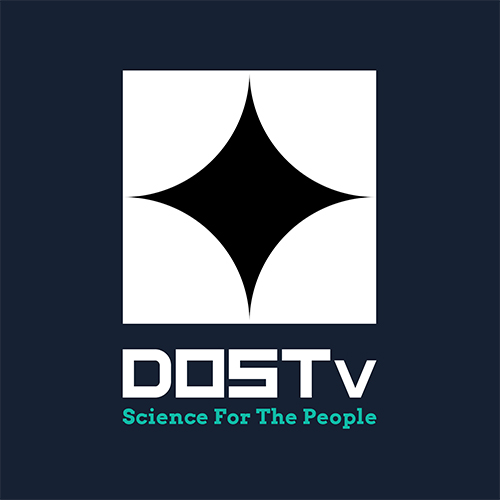- Details
The Philippines needs to focus on space education, according to eminent Filipino astrophysicist Dr. Rogel Mari Sese, project leader of the National Space Development Program and focal person for the Philippine Space Science Education Program under the Department of Science and Technology (DOST).
An aspiring astronaut at the age of five, Sese shared his knowledge and thoughts on space science during a forum organized by DOST’s Science Education Institute (SEI). The forum, dubbed as TEC Talk: Space Science, was held at the UP Diliman-National Institute of Physics (UPD-NIP) on July 27, 2016.
Read more: Prop up space education, Filipino scientist tells in DOST forum
- Details
Solar power is brightening up the health care delivery in MIMAROPA.
After some 750-watt solar home systems (SHS) were put in place in rural health facilities in barangays Bantay and Maniwaya in Boac and Sta. Cruz respectively, health workers and concerned local government officials are now more confident that their health care services will go the extra mile.
- Details
With all the undesirable climate change effects in agriculture, the Philippine Council for Agriculture, Aquatic and Natural Resources Research and Development of the Department of Science and Technology (DOST-PCAARRD) initiated and funded programs and projects addressing the negative effects of climate change in the agriculture, aquatic, and natural resources sectors through the utilization of modern tools and techniques or Smarter Agriculture. One of these initiatives under the Smarter Agriculture is the “Smarter Approaches to Reinvigorate Agriculture as an Industry in the Philippines (SARAI)” program, which is led by the University of the Philippines Los Baños (UPLB).
The program has five component projects. Its main objective is to provide a decision support system (e.g. crop advisories, forecasts, and management) in dealing with climate change effect in the agricultural sector using advances in S&T. The program will help farmers and decision makers come up with sound and science-based judgments under certain situations. As of 2015, the program has already produced outputs that can be grouped into four categories: technologies, systems, data products, and networks or linkages.

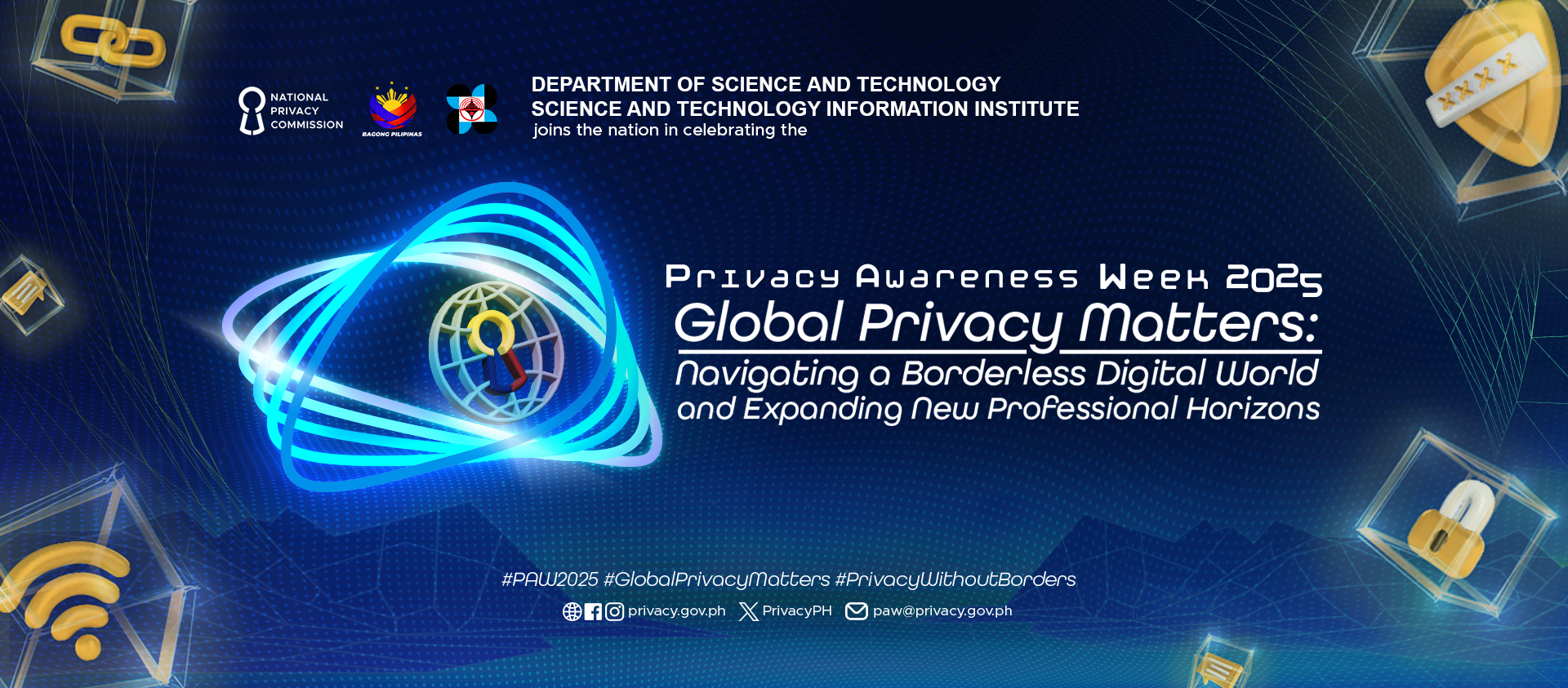
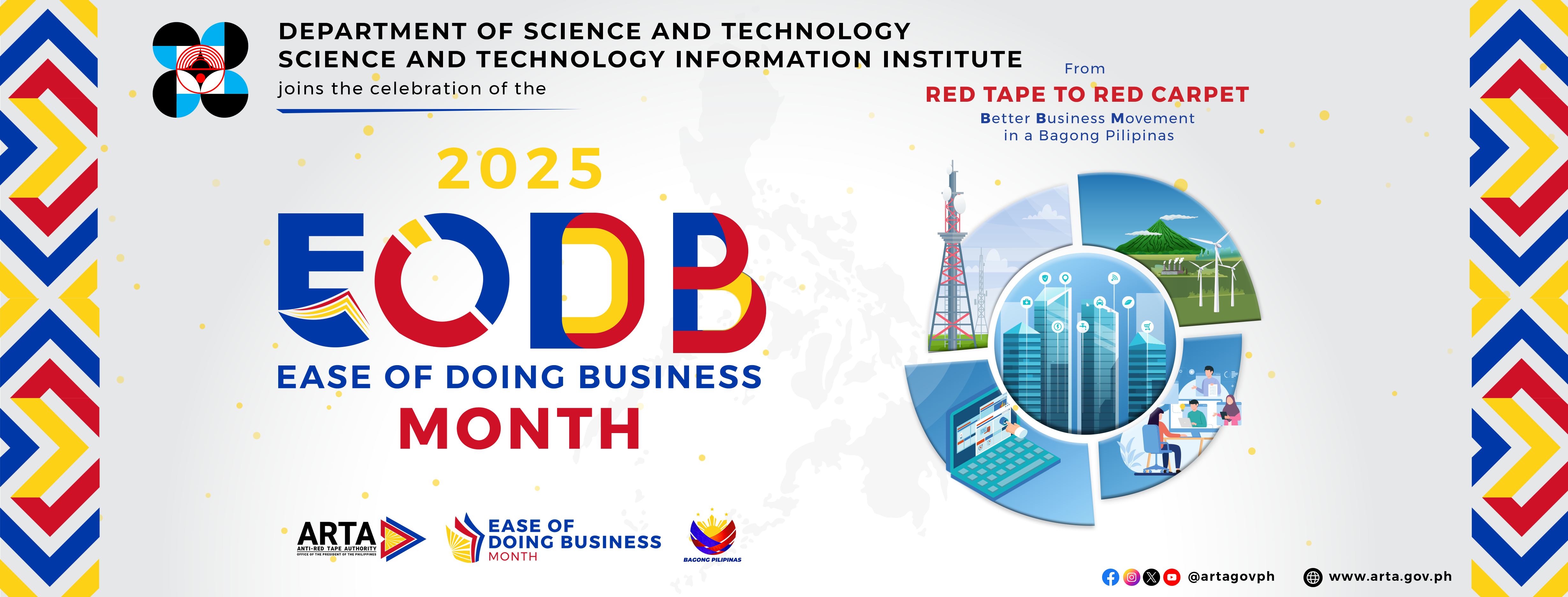
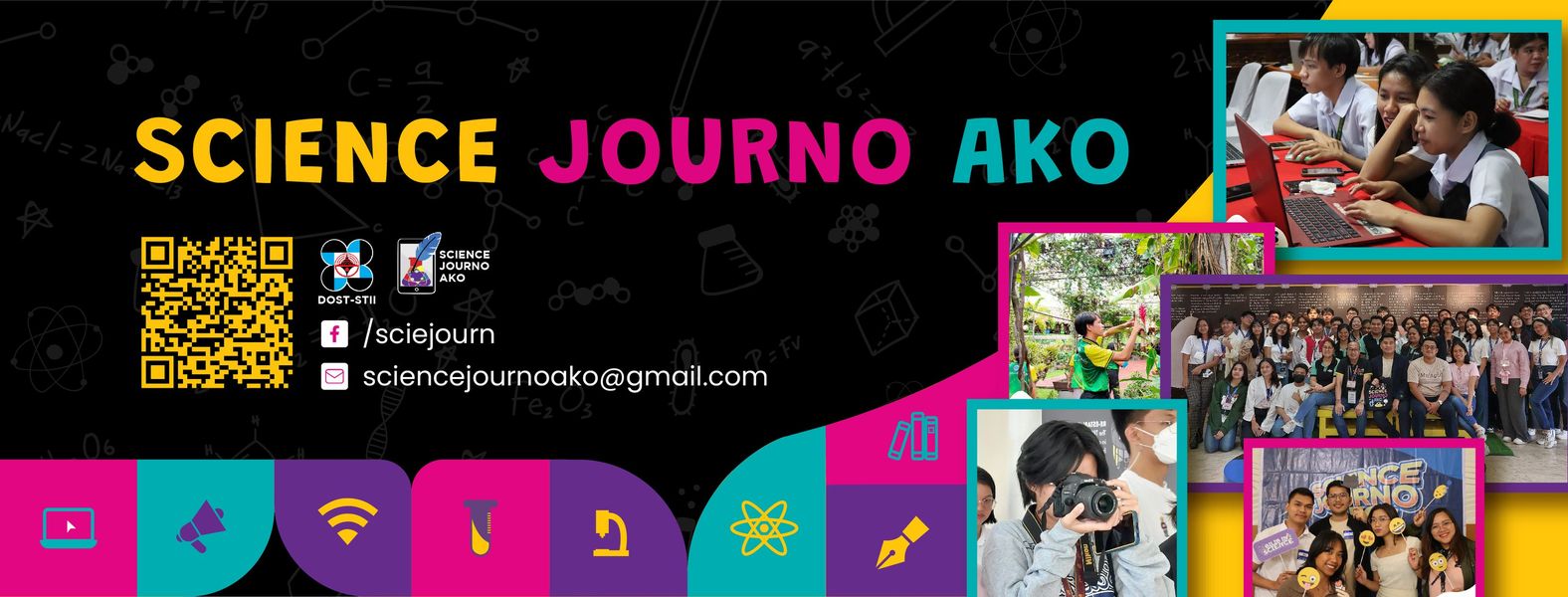
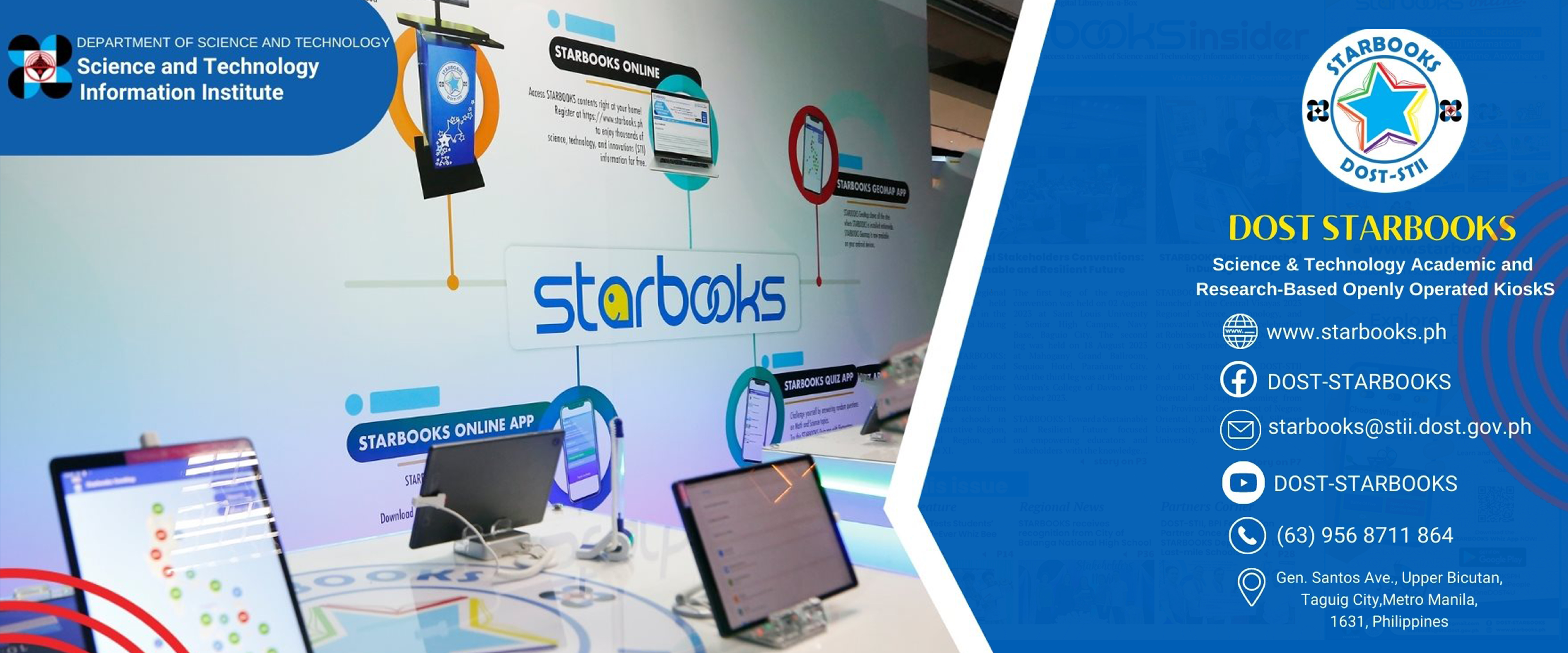
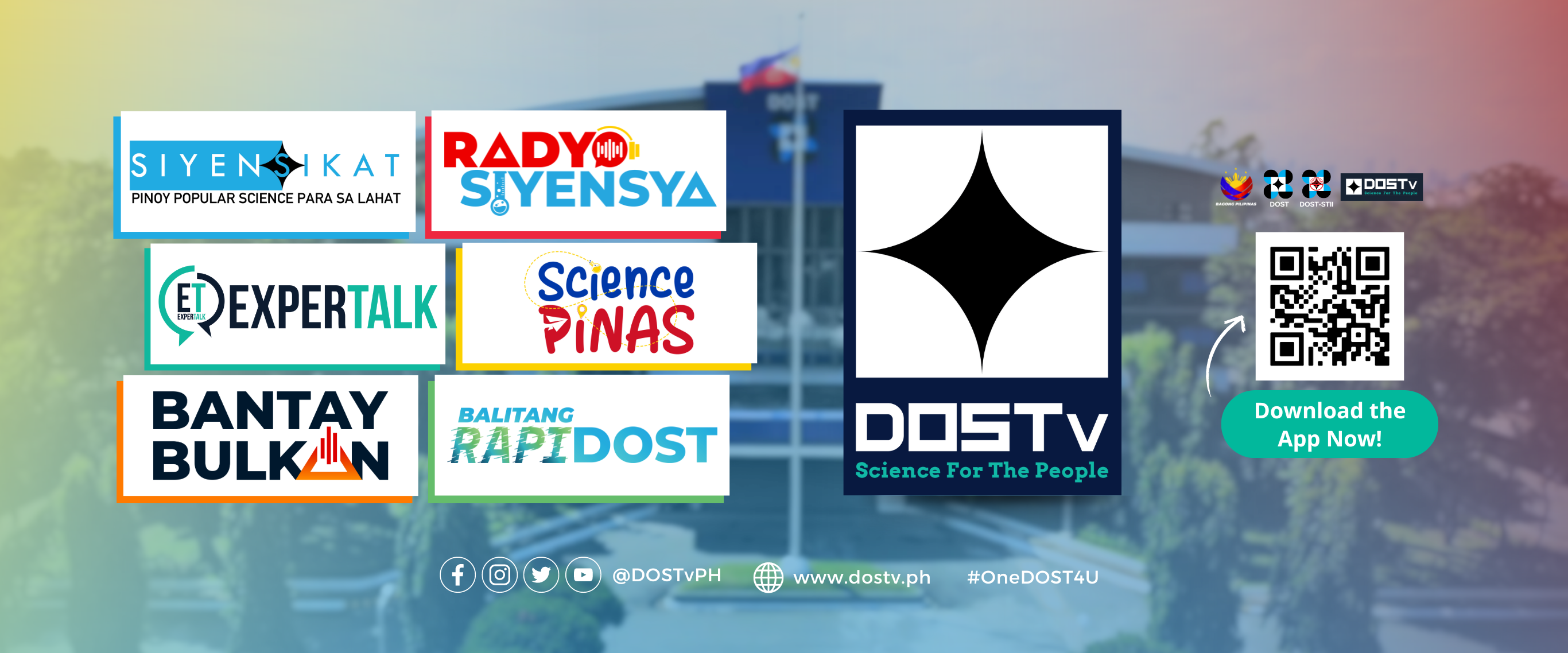

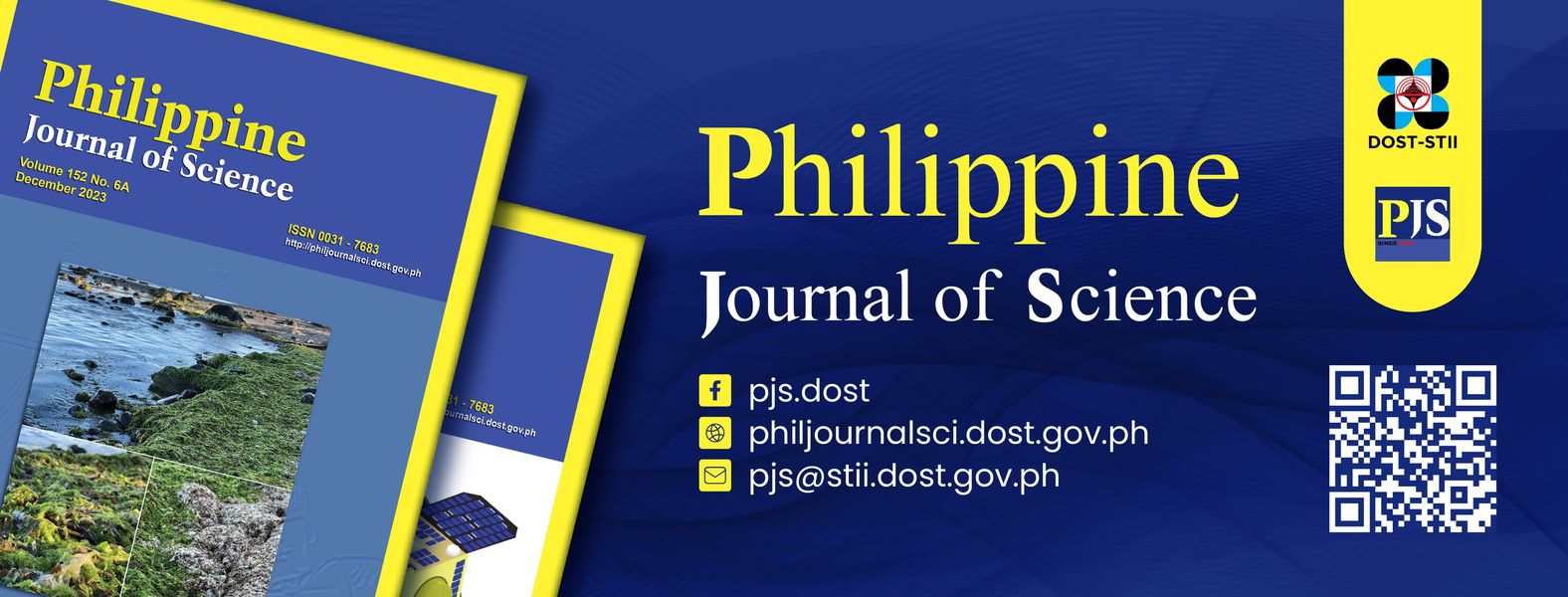


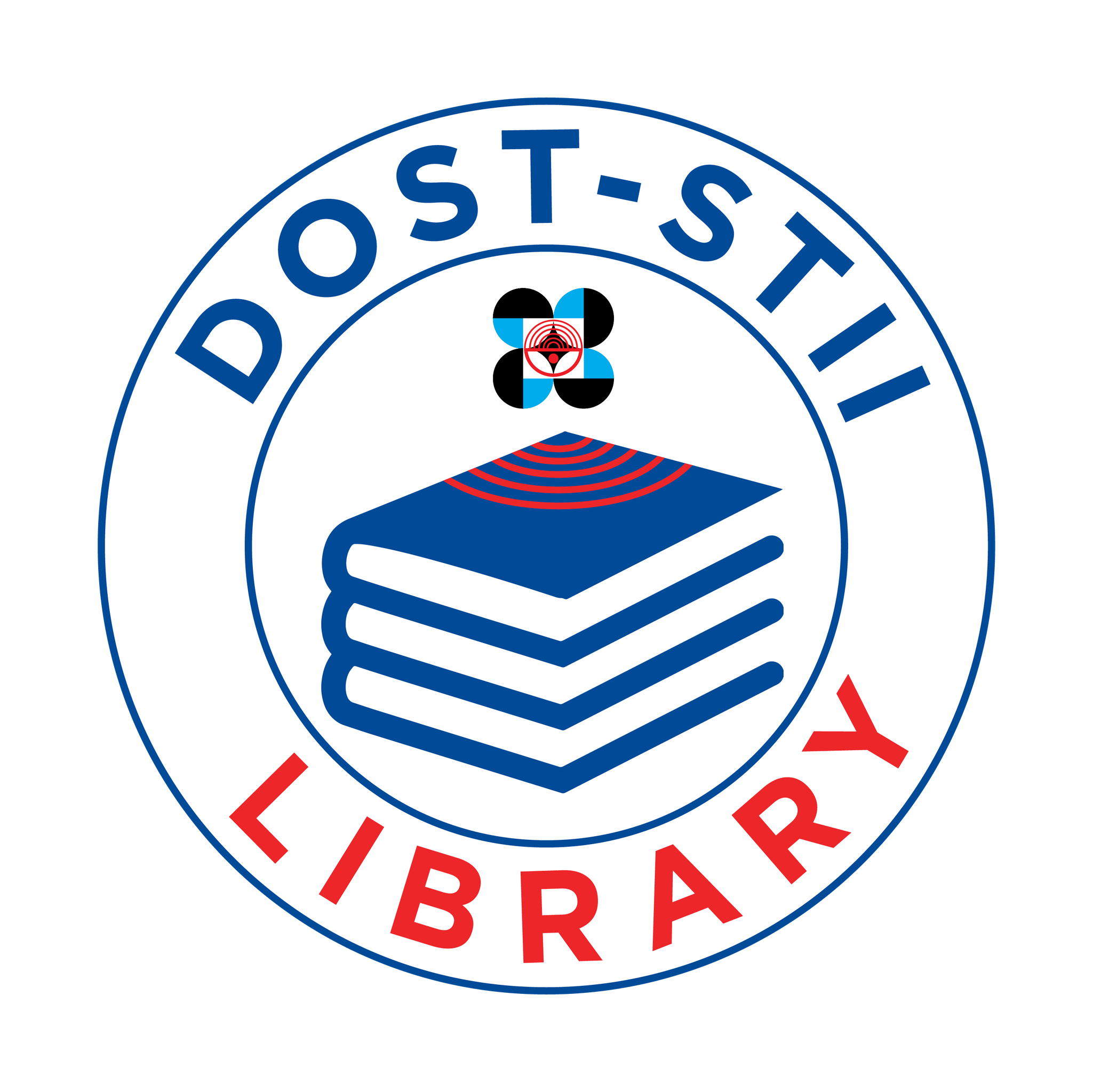

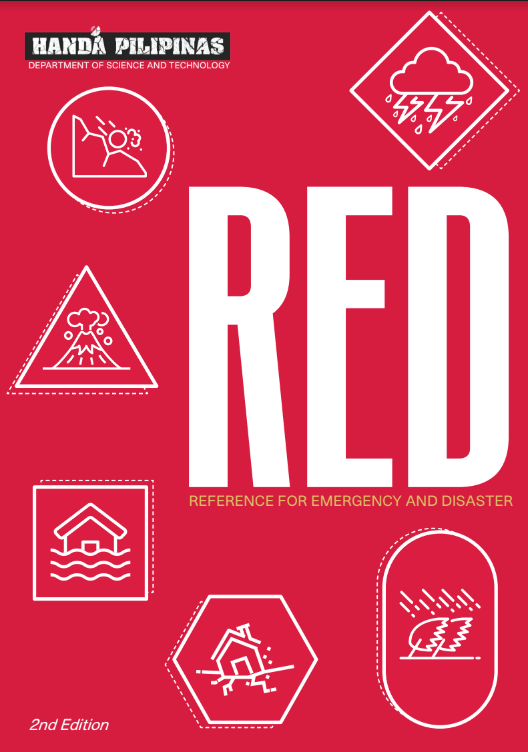

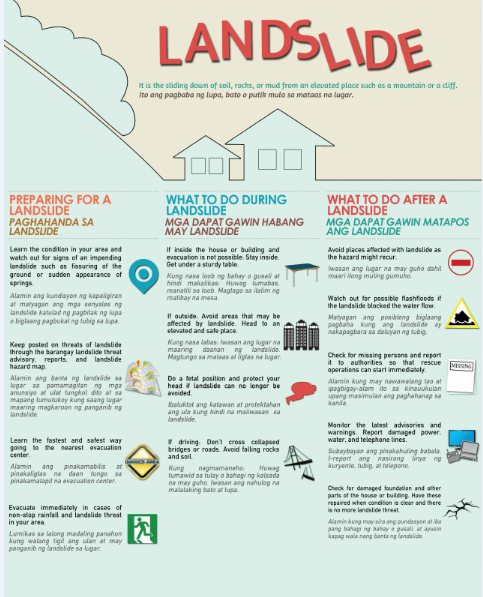
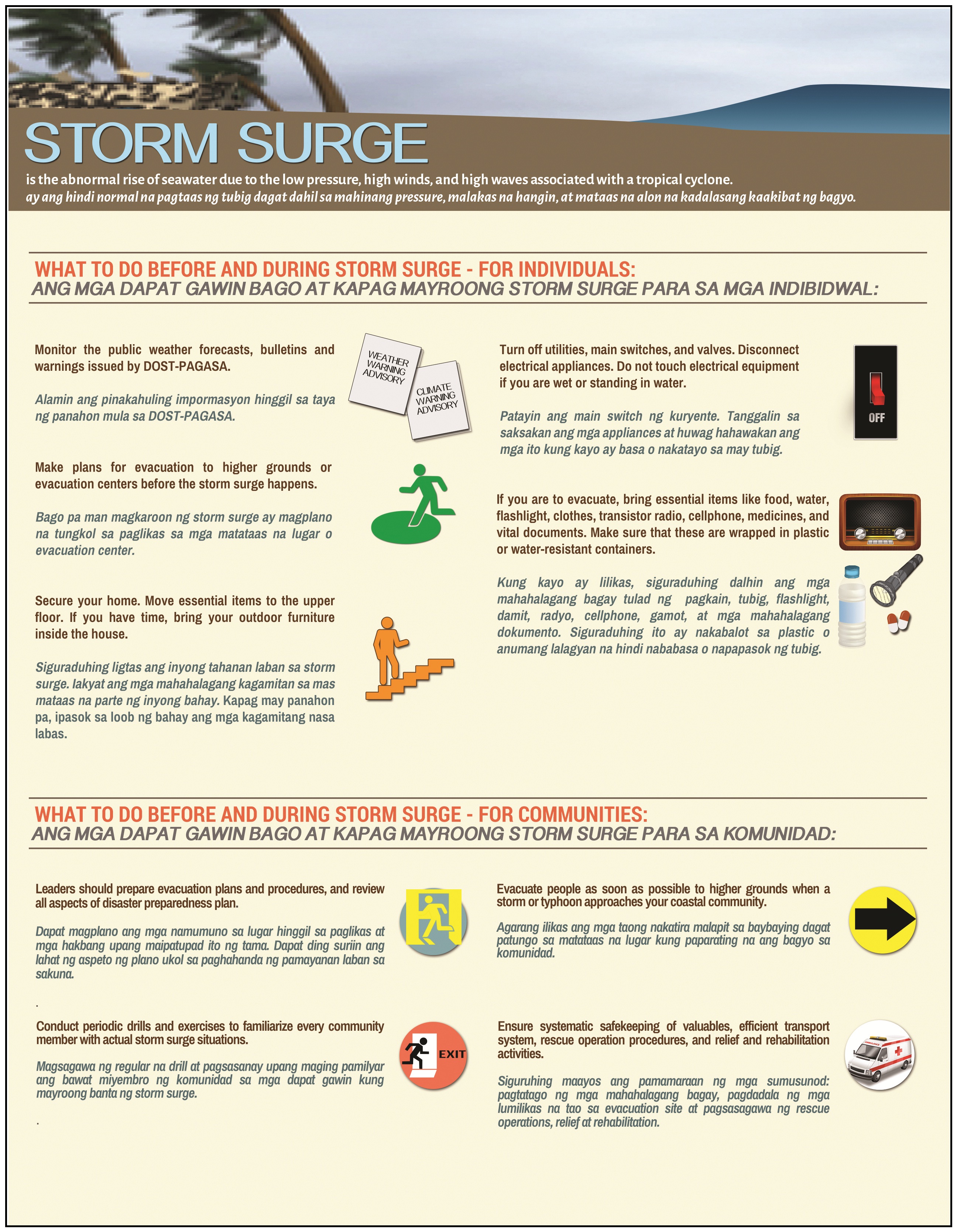
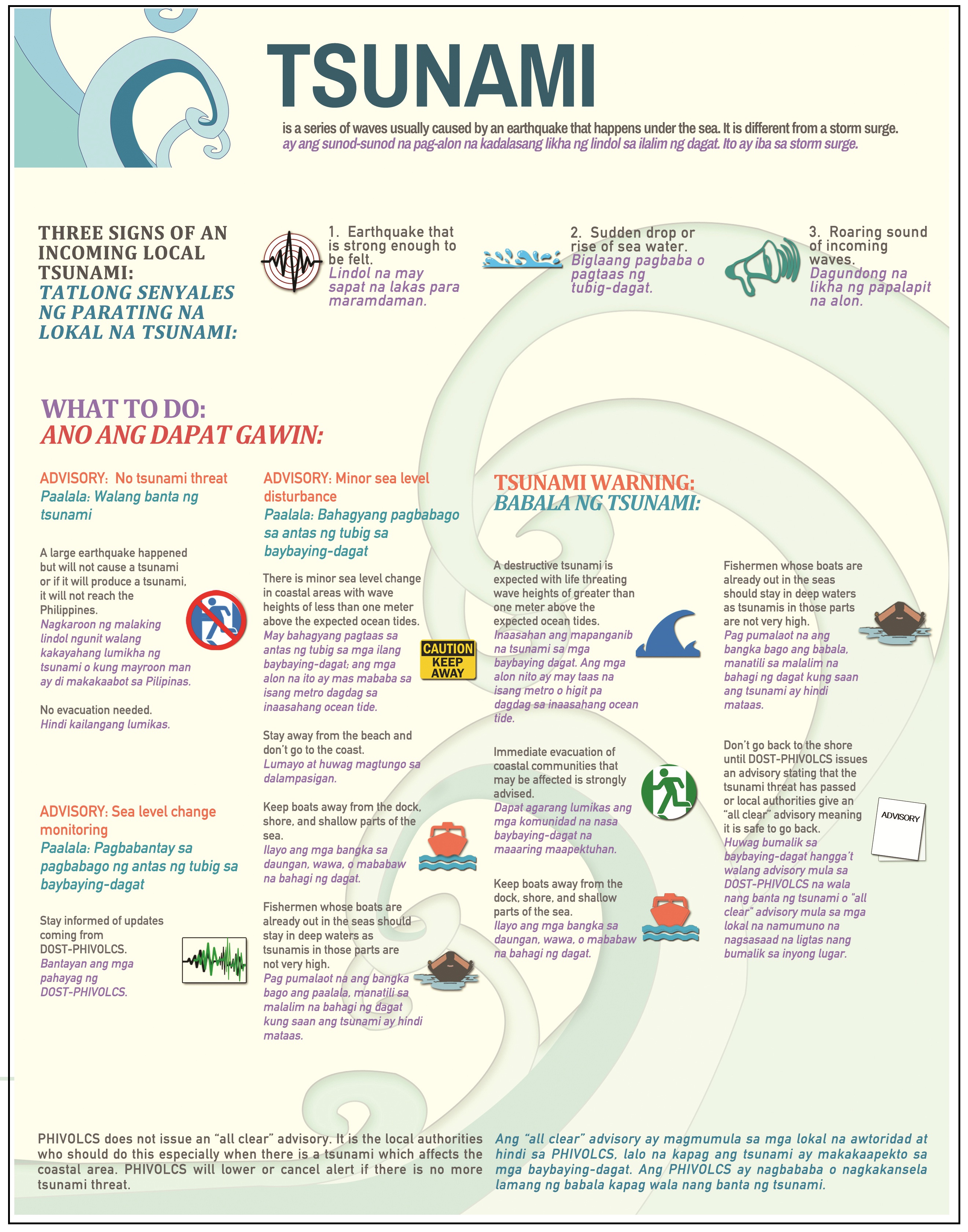
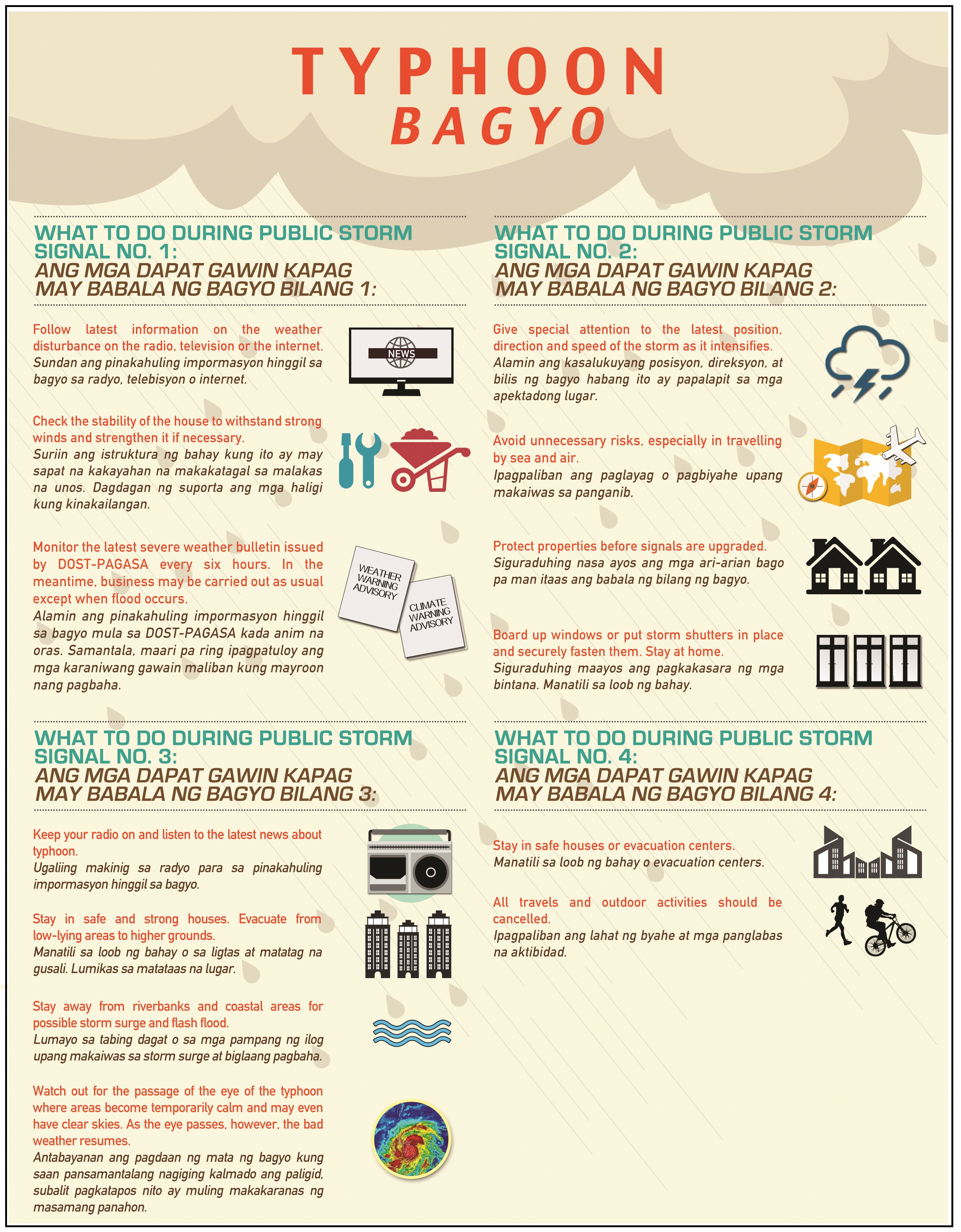
 21 in 2021 Technology Catalogue
21 in 2021 Technology Catalogue 21 in 2021 Technology Catalogue
21 in 2021 Technology Catalogue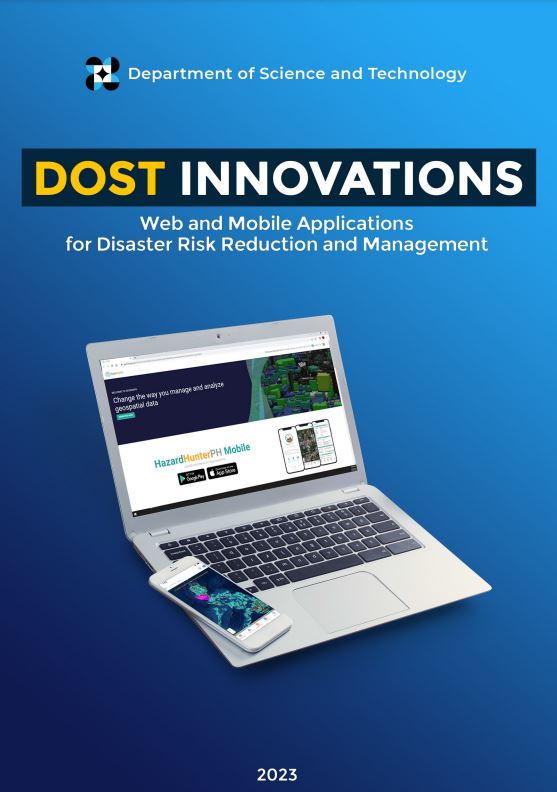 DOST Innovations - Web and Mobile Applications for Disaster Risk Reduction and Management
DOST Innovations - Web and Mobile Applications for Disaster Risk Reduction and Management